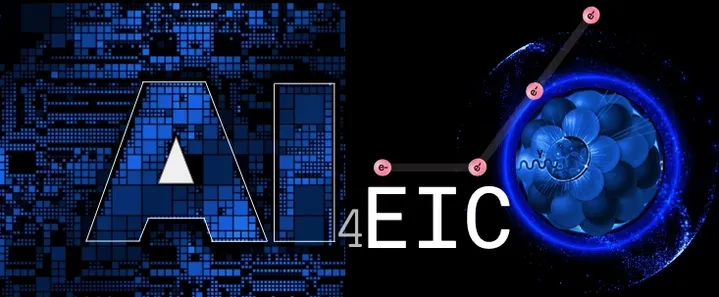Speaker
Description
A large-scale physics experiment is distinguished by a wide collaboration and array of research topics, and frequently encounters obstacles in information exchange coordination and data analysis. We introduce an assistant model designed to enhance collaboration and streamline data analysis. This model acts as an intelligent intermediary for research teams, enabling information exchange, offering expert insights, and supporting decision-making for researchers. Moreover, it can process and interpret experimental data in real-time, facilitating quicker researcher decisions. In this work, we focus on the Electron Ion Collider (EIC), the next generation facility for Quantum Chromodynamics. The EIC has already engaged hundreds of collaborators, producing a wealth of research outputs. Significantly, it has integrated artificial intelligence and machine learning into various facets of its scientific endeavors. Using Large Language Models (LLMs) for summary generation and tailored prompt engineering, we introduce a framework for the EIC. We showcase proof-of-concept studies, efficiently curating information from a vector database containing technical notes and other EIC community contributions. Demonstrating the viability of our method, we present a web application that visualizes the outcomes from our proof-of-concept studies. We conclude with insights for potential advancements and discussions on future endeavors.

